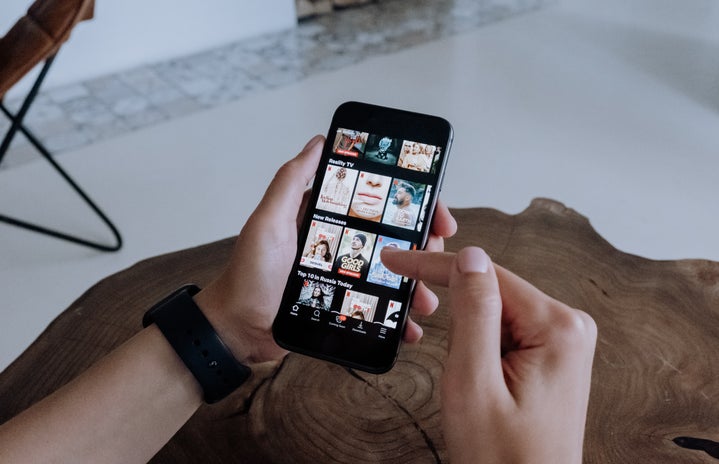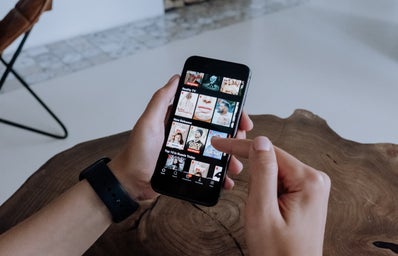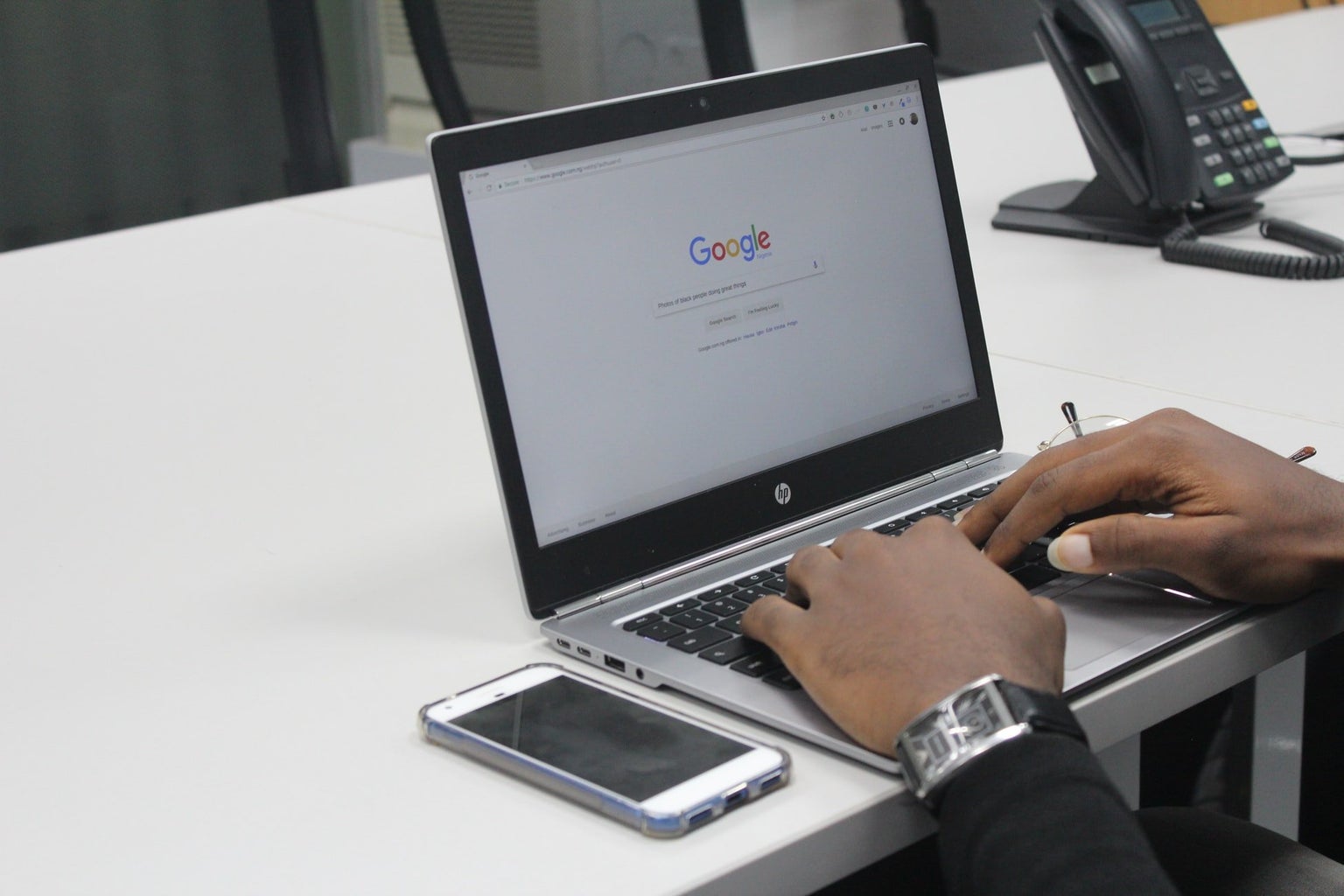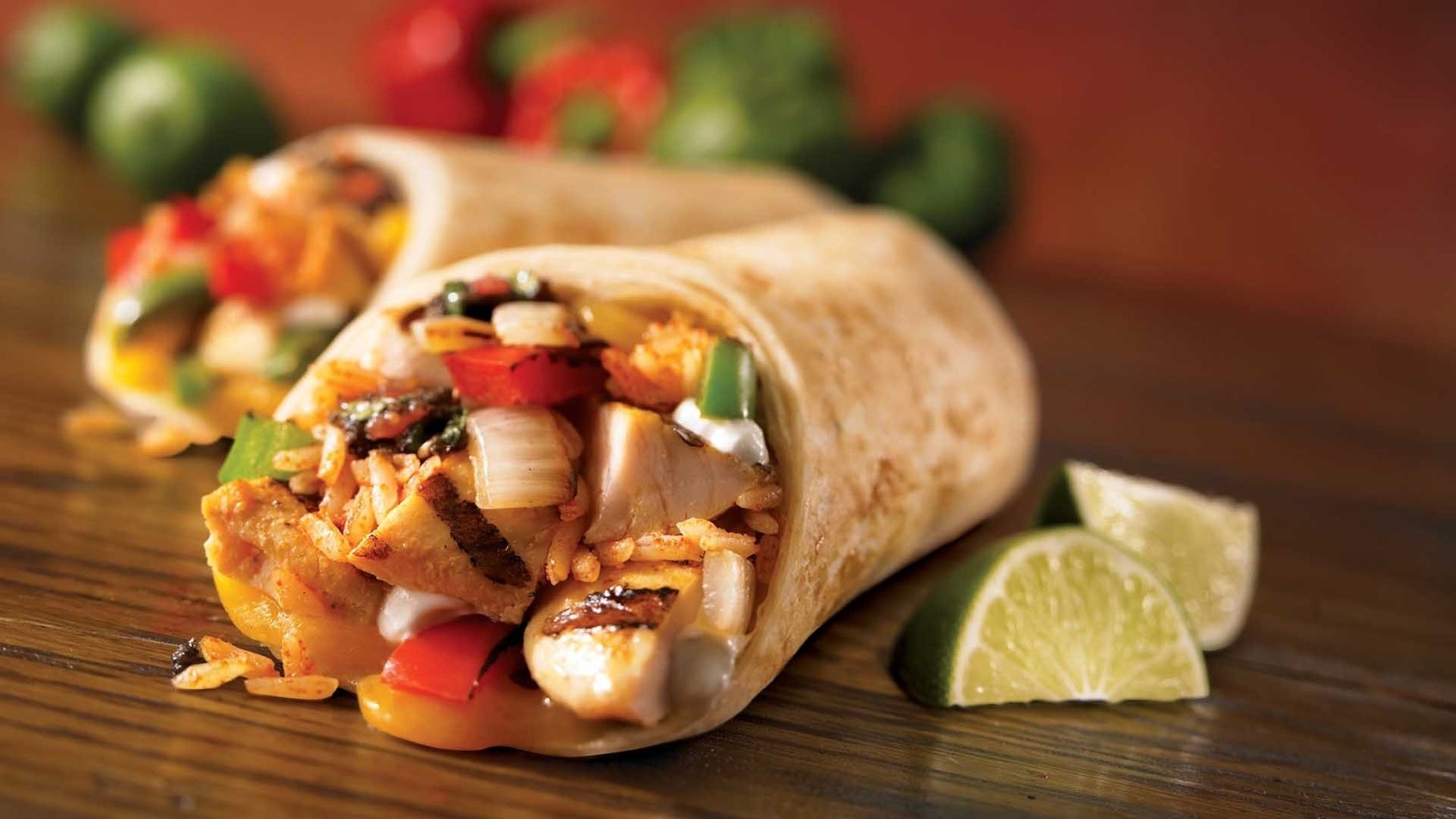Balancing influence and responsibility: How idolised social media stars navigate the dynamic power of social media.
Social media, beginning as a simple means of global connection, has transformed into a platform where everyone, including our favourite social media stars, can spread their beliefs to thousands of people. According to the website, Our World In Data, MySpace, which launched in 2003, emerged as a pioneering platform. By 2004, it was the first site to boast one million monthly viewers and even “temporarily surpassed Google as the most visited website in the US” in 2006.
MySpace, along with other sites like Hi5 and Friendster were close competitors with social media behemoth Facebook, which was made accessible to the general public in 2006. Fast-forward to 2012 and Facebook’s once predominant competitors had virtually no market. Subsequently, social media websites have constantly had to strive to offer their users something different and original. Notably, as the website Our World In Data points out, the social media network X – originally launched in 2006, under the name Twitter – only allowed users to upload videos and images in 2011. Now “more than 50% of content on X includes images and videos”.
Now that we’ve had a glimpse into the dynamic history and rapid growth of the social media industry, we can gain an understanding of the profound effect it’s had on society. Social media platforms can reach thousands of people at a time, presenting users with an opportunity to rise to fame. The platform TikTok launched in 2016, rapidly gaining half a billion users globally by mid-2018. Simultaneously, users such as TikTok star Charli D’Amelio skyrocketed into stardom; joining the platform in 2019 and gaining a whopping 130 million followers by 2021, making her the number-one most-followed person on the platform. Impressive, isn’t it?
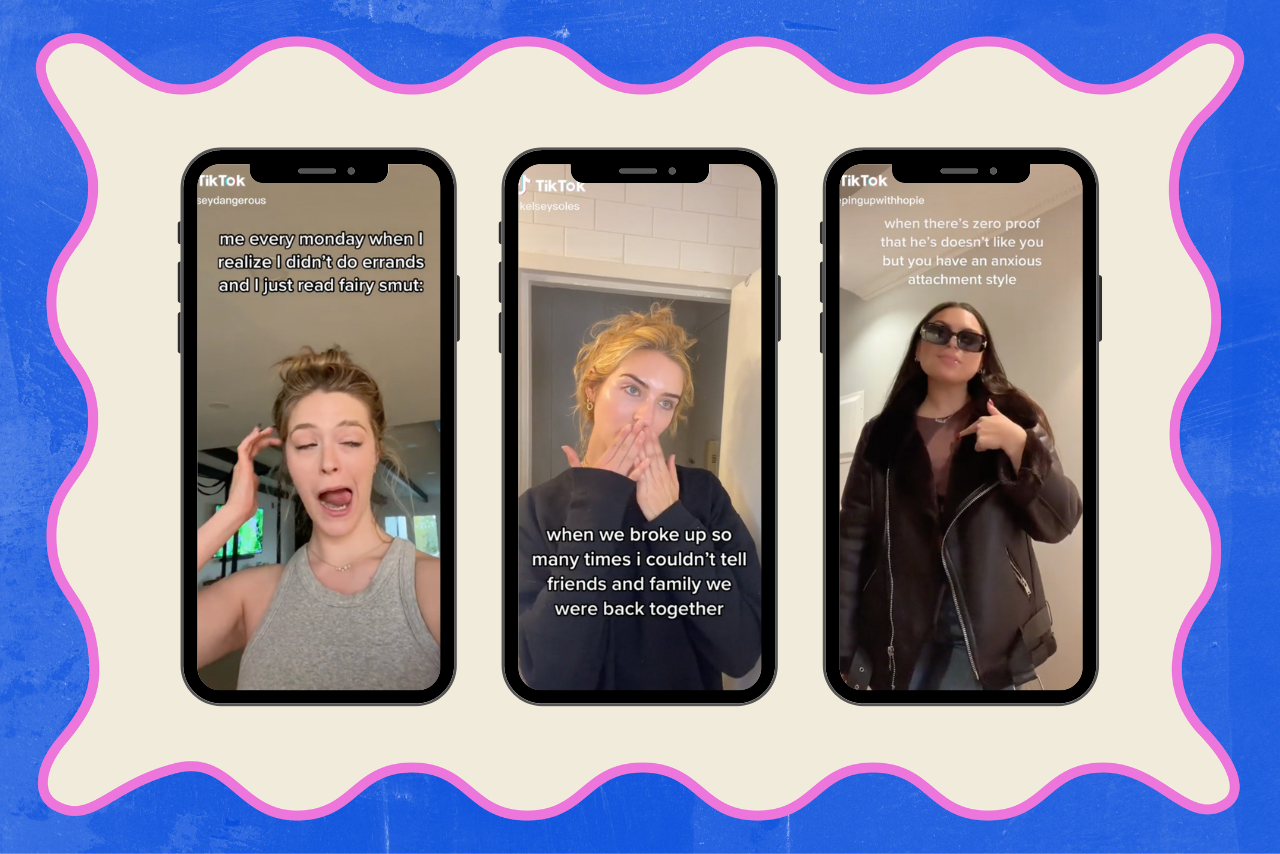
Considering the following these influencers have, the question still begs, should social media stars harness their platforms to discuss social causes? Well, let’s take a look at a couple of social media stars who have chosen to wield their influence for a greater purpose.
Malin Andersson is an English reality star who catapulted into the public eye after appearing on the reality TV show, Love Island, in 2016, amassing an impressive 169,000 Instagram followers. Tackling issues such as domestic violence, body positivity and emotional abuse, Malin shares her own personal experiences, bringing us on her journey of healing. Her posts gain a lot of support with comments like @shh_no_more’s “Thank you this resonates so much. We need to keep raising awareness and calling perpetrators out” (on one of Malin’s posts from the 16th of August 2022, discussing domestic violence). She has become a vibrant advocate for domestic violence and body positivity and a beacon for those seeking empowerment.
Now if you don’t know and love this American TikToker, I would be disappointed. Keith Lee dedicates his TikTok platform, which has over 15 million followers, to helping small restaurant businesses. How does he do this? Well, he anonymously orders food and reviews it, meticulously rating his experience across customer service, marketing and the quality of food. He is characterized by his unfiltered honesty and sincere ambitions to help small businesses, despite not being a food critic – which many viewers find authentic and relatable.
Due to his large following, Lee helps these small restaurants, often on the brink of closing, by catapulting them into the spotlight with his reviews. He frequently makes ‘24hr follow up’ videos where he sees if the restaurants have gained more customers 24 hours later. More often than not, these videos take us by surprise, with queues out the door of eager ‘foodies’ waiting to try their food.
Unfortunately, Lee’s success comes with a catch. Despite rarely giving bad reviews, his platform is built upon his ‘brutally’ honest opinion; they’re bound to occur. Whilst Lee does urge his viewers to try the food for themselves and form their own opinions, some viewers argue that he shouldn’t post bad reviews as they will jeopardize the very business he aims to help. Notably, an honest, albeit critical review of a restaurant called ‘The Real Milk and Honey’, resulted in immense backlash for the business, amplified by their controversial reaction video in response to Lee’s review. This just showcases the positive and the negative effect of social media’s vast influence.
It is evident that social media has a pervasive influence on society so we must acknowledge the negative repercussions of harnessing it to advocate for social causes. Social media is known for its perpetuation of false and impractical beauty standards (with the exception of some users, such as Malin Andersson, who champion embracing body positivity). The website, Child Mind Institute, suggests that an “increase in depression is the loss of self-esteem, especially in teenage girls, when they compare themselves negatively with artfully curated images”.
A red flag arises when considering the millions of young people who use social media. An article by Forbes Advisor states that “84% of people aged 18 – 29 use at least one social media site”. Social media leans towards a younger demographic who, some argue, have a more open-mind and are thus more likely to be convinced to believe in other people’s opinions. For example, a few months ago there was a social media ‘craze’ where – mostly – young boys, would post videos responding and agreeing with a TikToker and social media influencer Andrew Tate, who is known to advocate for very misogynistic and violent behavior. While knowing young individuals are more likely to be convinced of certain beliefs raises some concerns, it isn’t always necessarily a ‘bad’ thing, it highly depends on the information they are absorbing and whether it’s considered positive or not.
As a society, we must recognise that the positive impact of social media is also countered by negative factors. The truth is, we’re all entitled to our own opinions, social media star or not. The distinction lies in the fact that influencers share their opinion in the public eye, reaching thousands of people who listen. We as social media users have to carefully select which stars we admire and whose ideologies resonate with our own. So, instead of asking whether social media stars should discuss social causes on their platforms, we should be asking should we – as our own individuals – listen to these social media stars.
If you or someone you know is experiencing domestic abuse, call 999 and ask for the police. If you can’t speak and are calling on a mobile press 55 to have your call transferred to the police. For free, confidential advice, 24 hours a day contact a domestic abuse helpline.
